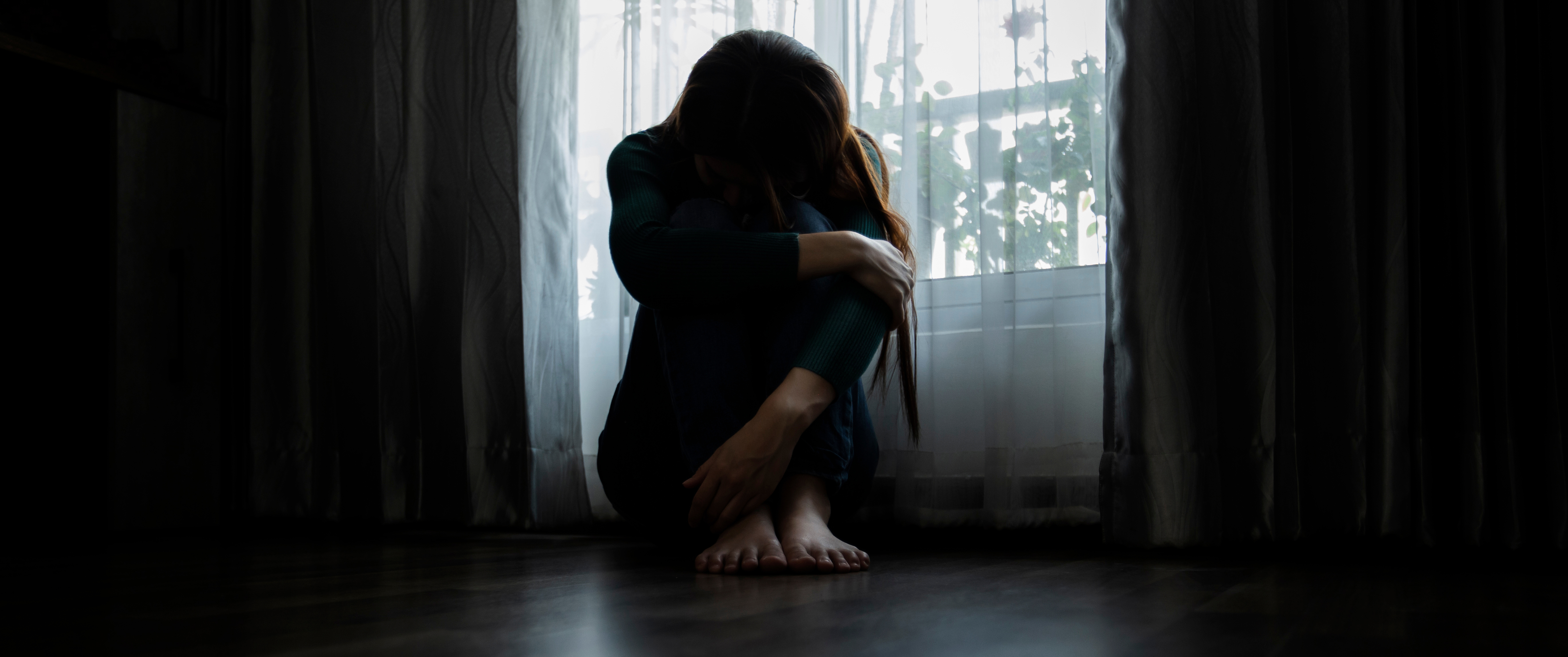How Some Bad Ghostwriters Are Wreaking Havoc
Getting the story wrong can lead to ruined careers and shattered lives.

It’s no secret that most books by prominent public figures are ghostwritten. That includes celebrities, athletes, CEOs, and of course, politicians. People who are successful in their fields often don’t have the time, talent, or patience to sit down and write their stories. But the stories are still worth telling. That’s where a ghostwriter comes in.
There’s nothing unethical about this—as long as it’s done right. The ghostwriter’s main responsibility is to convey the client’s story as faithfully as possible, whether that client is a famous statesman or a jewel thief. That means capturing the person’s voice and—most importantly—making sure the details are accurate.
That’s where some ghostwriters go astray.
It can be tempting to embellish the client's story to make it seem more dramatic. A mortifying example of this came to light recently in the case of South Dakota governor Kristi Noem. Her memoir, No Going Back, included the following passage:
I remember when I met with the North Korean dictator Kim Jong Un. I’m sure he underestimated me, having no clue about my experience staring down little tyrants (I’d been a children’s pastor after all).
Apparently, this event never occurred. During interviews to promote the book, Noem was confronted about this and other inaccuracies. In an interview with CBS News’ Face the Nation, she responded to the controversy:
Well, you know, as soon as this was brought to my attention, I certainly made some changes and looked at this passage … As soon as it was brought to my attention, we went forward and have made some edits.
But the damage was done. Noem was promptly mocked and vilified across the media landscape. She cancelled the remaining dates for her book tour. Her political career, once so promising, had seemed to come to a screeching halt.
Cringeworthy episodes like this raise a number of questions: For instance, why would a ghostwriter fabricate dramatic passages that could be so easily debunked? Did he or she really think no one would notice—especially with a high-profile political figure like Kristi Noem?
Even more troubling, how could these falsehoods have escaped the attention of an editor, or Noem herself?
It might be assumed that Kristi Noem never actually read her book. This is not as uncommon as it might seem. As a ghostwriter of several books myself, I typically base my writing on oral interviews with the clients. Then, when I present them with the written product, I urge them to read every word and let me know of any errors, discrepancies, or additional content that should have been included.
Do the clients follow through with that advice? The truth is, some do, and some don’t. I can’t force them. I try to verify as many facts as possible independently. But for other content, I simply have to trust the client.
Unfortunately, it would be hard for Noem to claim she never read her own book, as lame as that excuse is; she apparently narrated an audio version of it, which means she uttered the now-infamous words herself.
Ouch.
This is just one example of a troubling trend in our culture: the flagrant disregard for truth among people who should know better. That includes politicians, of course. But also, scholars, reporters, media personalities, and many trusted institutions. Plagiarism, fabrications, and distortions have become commonplace in our public discourse. We seem to live in a world of illusions. Now, along with “fake news” we’re confronted with “deepfake” images, which means we can’t even trust what our eyes are seeing.
What’s the solution? There probably isn’t one. But as individuals, we can embrace the ethos I try to follow, with varying success: Don’t say or write anything I’m not reasonably sure is true.
That usually keeps me out of trouble. How about you?
# # #